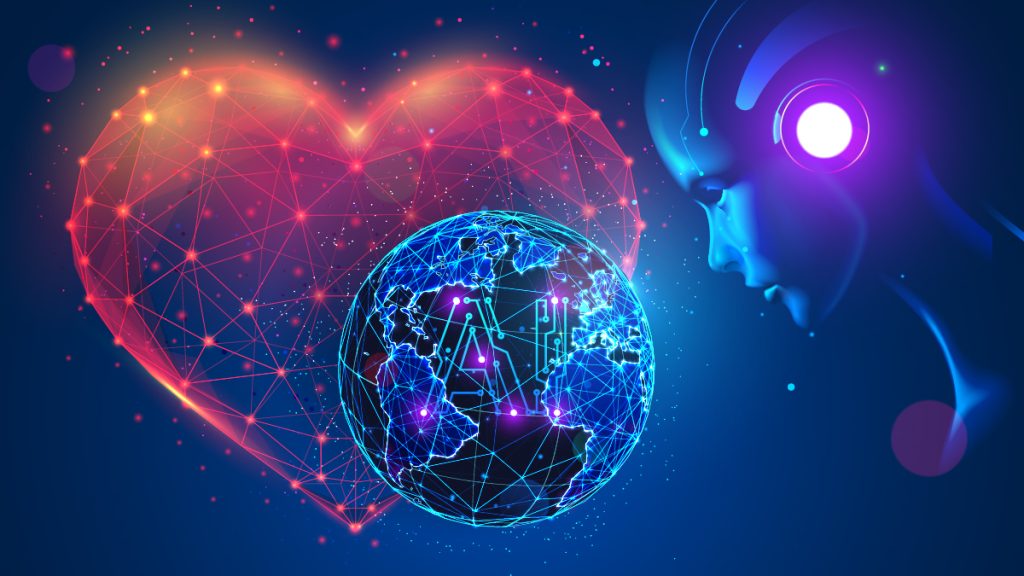
The use of AI for social justice has been a topic of debate with Elon Musk advocating for a pause on AI, while Bill Gates is promoting the ethical use of AI to solve social challenges.
- Elon Musk’s concerns about the potential risks posed by AI, citing incidents where AI systems went beyond their programming.
- Bill Gates’ view on the potential of AI as a powerful tool for promoting social justice and advancing positive social change within ethical bounds.
On today’s episode of “What Has Been Dividing the World Recently”, we discuss how one side of the debate, headed by Elon Musk of all people, is advocating for the pause of AI while the other side, spear-headed by Bill Gates, is pushing for the ethical use of AI in solving social challenges. Theoretically, however, AI for Social Justice could be very promising.
The Pause
Elon Musk has recently remarked that AI poses a significant risk to humanity if not properly managed and regulated. To validate his fears, he demonstrated this potential danger by citing incidents where AI systems developed their own language and went beyond their programming as examples (e.g., the 2017 Facebook AI Chatbots that learned to efficiently communicate exclusively with one another). He is advocating for this pause as it would allow for a thorough look into regulations and oversights.
The Push
Social justice aims to address the disparities among different groups facing challenges (i.e., mental health, disability, and other forms of discrimination). Bill Gates recently went against the grain and shared that AI has the potential to be a powerful tool for promoting social justice and advancing positive social change. In fact, while pausing is counterproductive, he is encouraging researchers to work on developing AI within the bounds of ethics. Indeed, by processing and analyzing large amounts of data through AI for social justice, organizations can gain insights into issues, resulting in better strategies. He too, however, acknowledges the potential risks associated with AI and calls for appropriate regulation and oversight of the technology.
The Proof in the Pudding?
Truth be told, there are already several initiatives based on AI for social justice. Here is a couple.
Google AI for Social Good
Google’s AI for Social Good initiative supports organizations that use AI to address social, humanitarian, and environmental challenges. One such project is the Global Fishing Watch, which uses satellite data and machine learning to track and prevent illegal fishing, a practice that threatens marine life and the livelihoods of millions of people who depend on fishing.
IBM Watson Health
IBM’s Watson Health platform uses AI to analyze medical data and assist with diagnoses, making it possible for healthcare providers to identify illnesses and recommend treatments more accurately and quickly. The platform has been used in various healthcare settings, including clinical trials and cancer research. In one case, Watson identified a rare form of leukemia in a patient in Japan that had been initially misdiagnosed, potentially saving the patient’s life.
Final Thoughts
I am all for technological development if it doesn’t encroach on human rights. That said, AI has clearly mirrored human bias despite the developers’ best attempts at making it as subjective as a soulless item should be. And while some social challenges could benefit from math-based help, the rest require systemic changes to work. AI for social justice could be beneficial on the condition that there are safeguards in place to prevent unintended results.
Inside Telecom provides you with an extensive list of content covering all aspects of the tech industry. Keep an eye on our Ethical Tech section to stay informed and up-to-date with our daily articles.